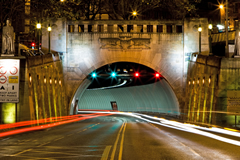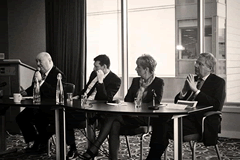Another week, another major announcement by the chancellor about big investment into infrastructure projects in the North, as the cities of Manchester, Leeds and Liverpool joined forces to launch the ‘One North’ document, which was duly supported by George Osborne.
Cynics suggest that this series of recent announcements is simply electioneering; a way of convincing northern voters that the Tories have not forgotten them. In reality there are few votes for the Conservatives in Liverpool or Manchester- though in Lancashire and Yorkshire several seats will be keenly contested at next year’s General Election.
In truth, post recession, all the mainstream political parties have woken up to the fact that a UK solely reliant on the success of its capital city is not a sensible long term economic strategy. The huge gap between the South East and the rest of the country has needed addressing for generations, and the planned investment in ambitious transport projects, improving links between northern cities, as well as the much debated HS2 project which provides greater capacity for the routes to and from London are good first steps.
However, it is still in the area of governance that the north can and must make more immediate progress.
HS2, HS3 and the other potential investments into the road network are medium to long term initiatives. Greater power to our region can happen now. Our political leaders, backed by the business community, should demand we get on with it.







